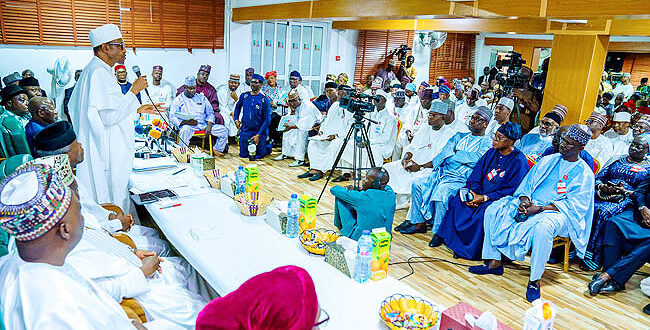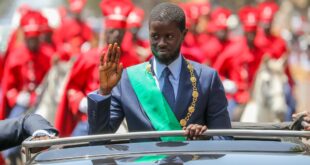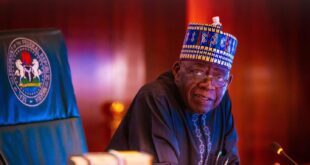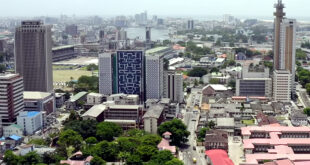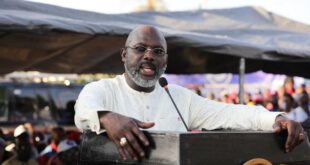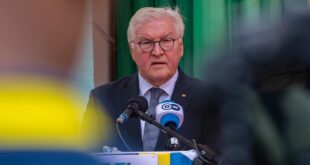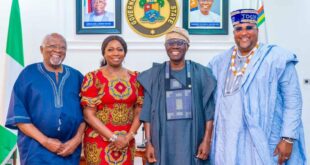In the past several weeks, the Nigerian media space has been filled with reports of a plan by the ruling All Progressives Congress (APC) to change the constitution to enable President Muhammadu Buhari run for a third term. Nigerians, understandably, had been worried given the experience of 2006 when the same plot was hatched by supporters of then president, Olusegun Obasanjo, to remove the 2-term limit in the constitution for the president and governors.
Buhari cleared the air over a third term agenda last week, saying he had no plans to remain in power after the 2023 elections, when his second and last constitution term ends.
The president, who spoke at the National Executive Council meeting of the APC in Abuja on 22 November, asked Nigerians to dismiss the rumours as he was committed to respecting the constitution.
“You should read the constitution because I’m not going to make a mistake of attempting to run a third term or whatever term. Besides the age, I swore by the holy book I believe in that I will go by the constitution and the constitution said two terms,” he said.
The constitutional limit helps to prevent presidents from staying long in power while at the same time provides a way for the office to rotate among the country’s geopolitical zones as a way to promote a national sense of belonging among the major groups.
In other countries in Africa, there have been reports of presidents seeking to amend their constitutions to enable them stay longer in office. Among those accused of planning to do this are Guinean President Alpha Conté and his Ivorian counterpart, Alassane Dramane Ouattara. There have been protests in Guinea in recent weeks against the alleged plan leading to the deaths of many participants.
Political analysts say the term limit is very important as a way to keep the contest for political power competitive and avoid elected leaders becoming dictators, such as in the case of Yahya Jammeh who stayed for more than 20 years in power in The Gambia until he was forced out in January 2017.
In July 1994, Jammeh led a bloodless coup d’etat that overthrew the government of Dawda Jawara and installed himself as head of a military junta, and ruled by decree until his election as president in 1996. He was re-elected as president in 2001, 2006 and 2011, but lost to Adama Barrow in December 2016. However he refused to vacate his office until he was forced to do so by the military intervention of the regional Ecowas member countries.
Jammeh’s time in office saw the oppression of anti-government journalists, civil society groups and opposition parties.
Kola Tella
 THE AFRICAN COURIER. Reporting Africa and its Diaspora! The African Courier is an international magazine published in Germany to report on Africa and the Diaspora African experience. The first issue of the bimonthly magazine appeared on the newsstands on 15 February 1998. The African Courier is a communication forum for European-African political, economic and cultural exchanges, and a voice for Africa in Europe.
THE AFRICAN COURIER. Reporting Africa and its Diaspora! The African Courier is an international magazine published in Germany to report on Africa and the Diaspora African experience. The first issue of the bimonthly magazine appeared on the newsstands on 15 February 1998. The African Courier is a communication forum for European-African political, economic and cultural exchanges, and a voice for Africa in Europe.

